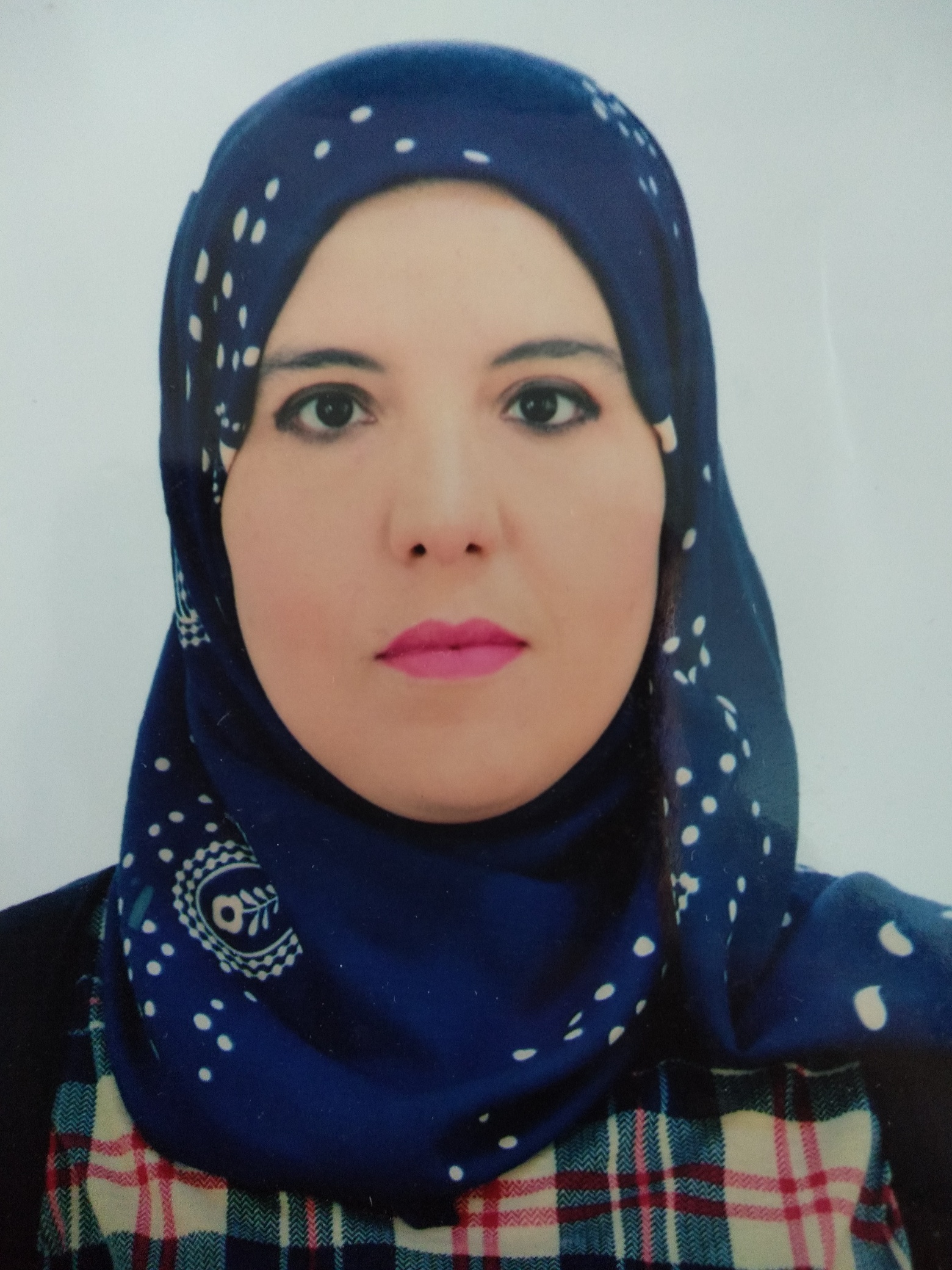• Ali, K. (2011). Sexual ethics and Islam: Feminist reflections on Qur'an, Hadith, and jurisprudence. Oxford: Oneworld Publications.
• Amara, M. (2013). The politics of the sacred: Mosques in Algeria. The Journal of North African Studies, 18(5), pp. 753–770.
• Hammer, J. (2012). American Muslim women, religious authority, and activism: More than a prayer. Austin: University of Texas Press.
• Jawad, H. (2009). Muslim women and sport. In: Pfister, G. and Hartmann-Tews, I. (eds.) Sport and Women: Social Issues in International Perspective, London: Routledge, pp. 153–169.
• Müller, T.R. (2015). Women and the mosque: Changes and challenges in Muslim women’s access to religious space. Gender, Place & Culture, 22(6), pp. 828–846.
• Nyhagen, L. (2019). Mosques as gendered spaces: The complexity of women’s compliance with, and resistance to, dominant gender norms, and the importance of male allies. Religions, 10(5), pp. 1–15.
• Omar, M. and Mohamad, M. (2014). Designing mosques with gender-inclusive spaces: A conceptual framework. Journal of Islamic Architecture, 3(2), pp. 55–62.
• Rendell, J. (2000). An interdisciplinary introduction. In: Rendell, J., Penner, B. and Borden, I. (eds.) Gender, Space, Architecture, London and New York: Routledge, pp. 6–24.
• Shannahan, D.S. (2014). Gender, inclusivity and UK mosque experiences. Contemporary Islam, 8(1), pp. 1–16.
• Yilmaz, Z. (2015). Dişil dindarlık: İslamcı kadın hareketinin dönüşümü. Istanbul: İletişim Yayınları.
Algerian and Regional Context Sources:
• Boudjelal, B. (2017). L’architecture des mosquées contemporaines en Algérie: entre tradition, modernité et enjeux urbains. Mémoire de Magistère, École Polytechnique d’Architecture et d’Urbanisme (EPAU), Alger.
• Daoud, Z. (2001). Mosquée et société en Algérie : enjeux contemporains. Les Annales de l’Afrique du Nord. Paris: CNRS Éditions.
• Ministère des Affaires Religieuses et des Wakfs – Algérie. Rapports techniques et textes juridiques sur la construction des lieux de culte.
• UNESCO. (2015). Mosques as cultural heritage: Safeguarding Islamic architecture in the Maghreb. Paris: UNESCO Publishing.

